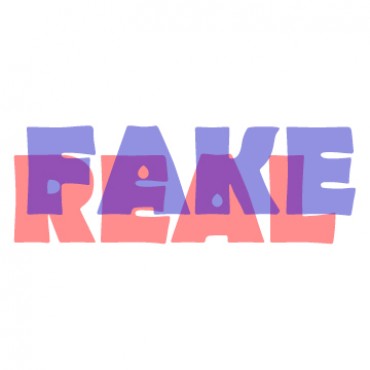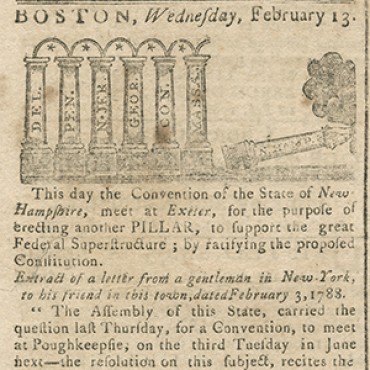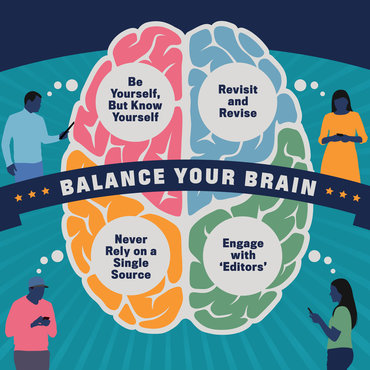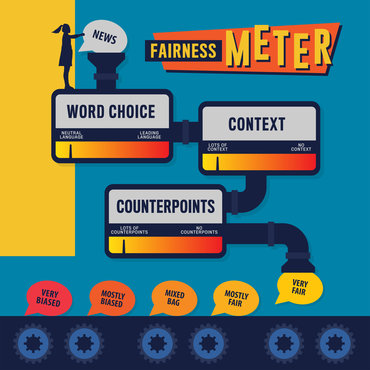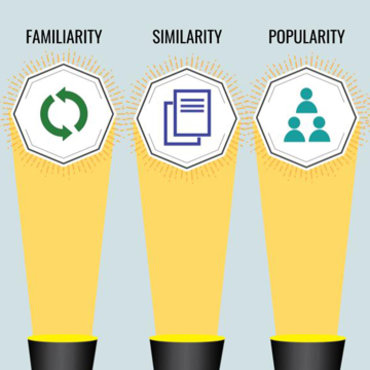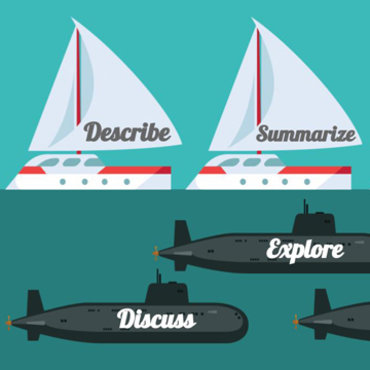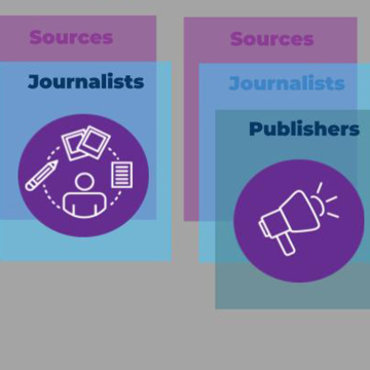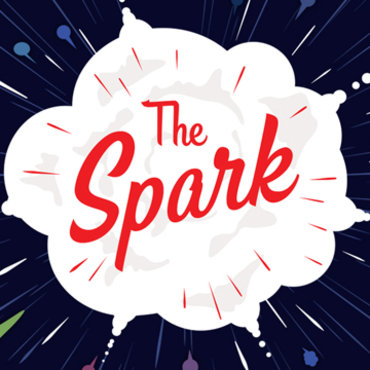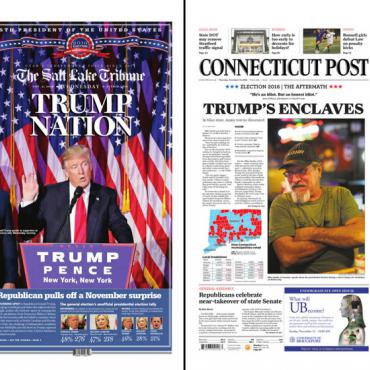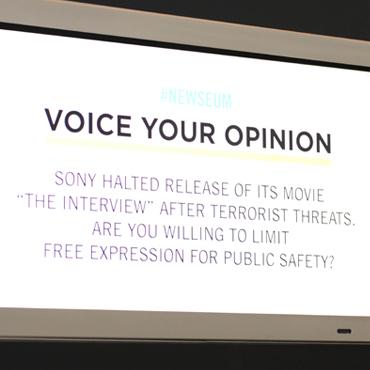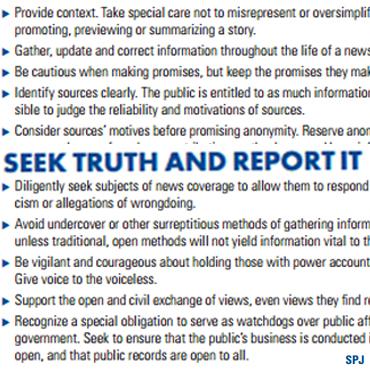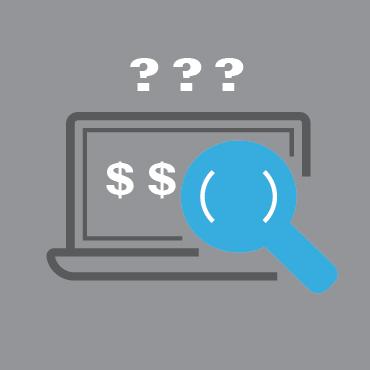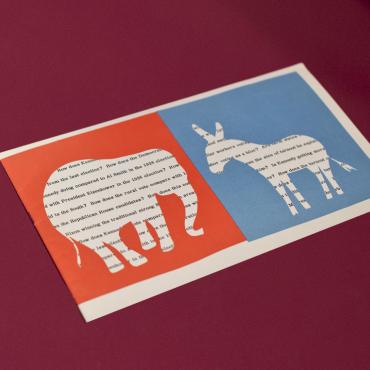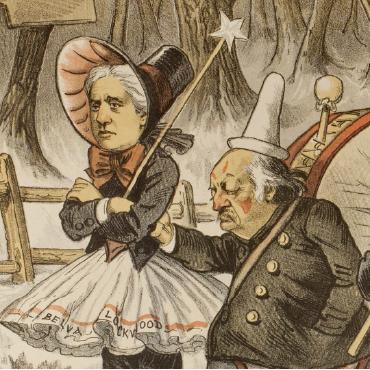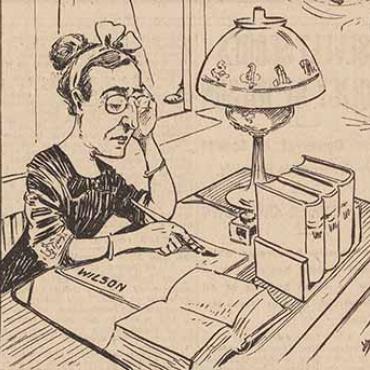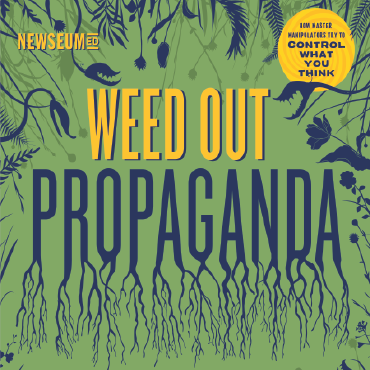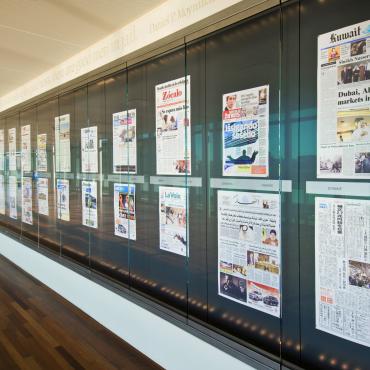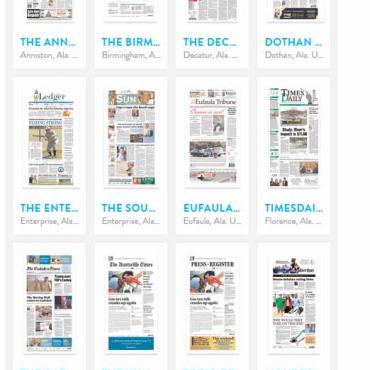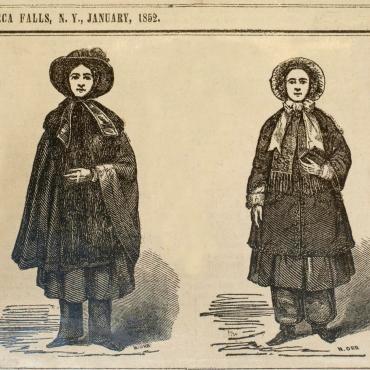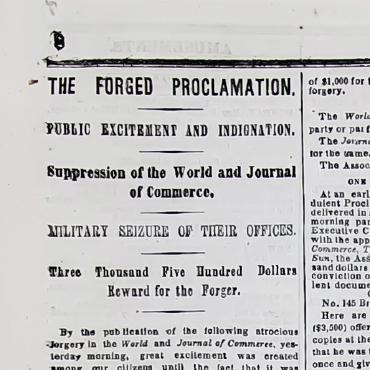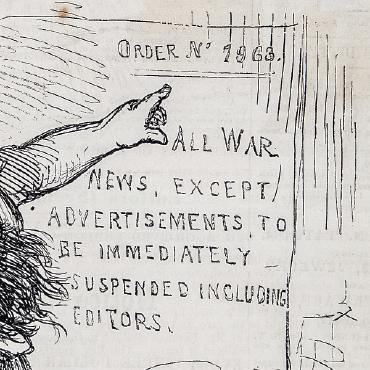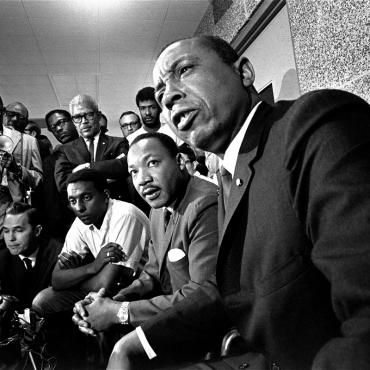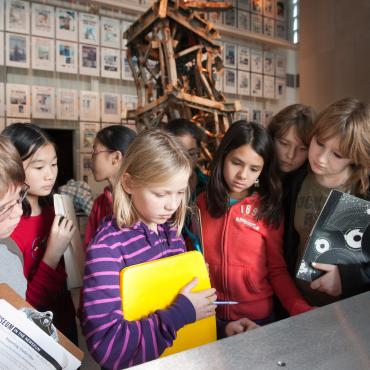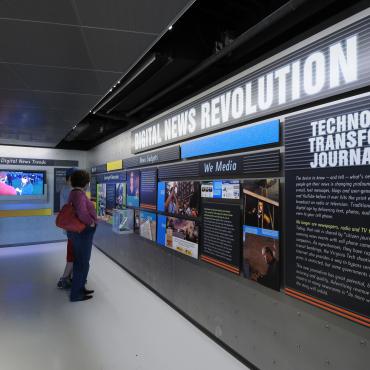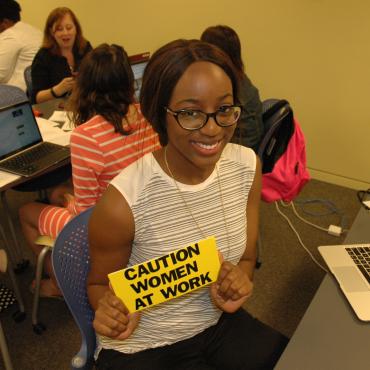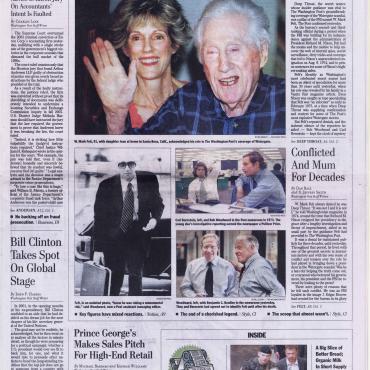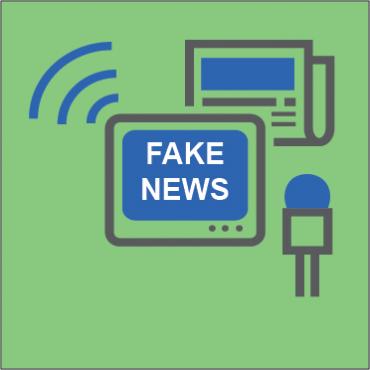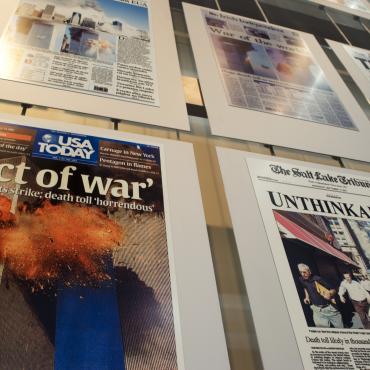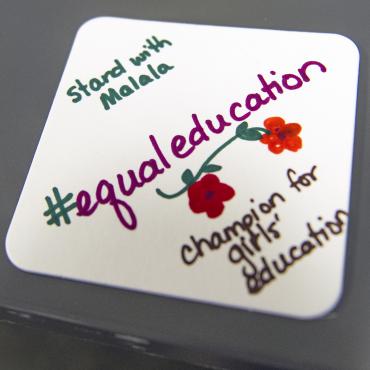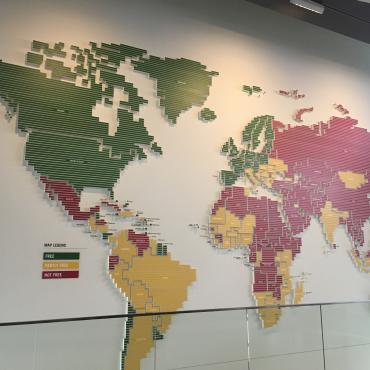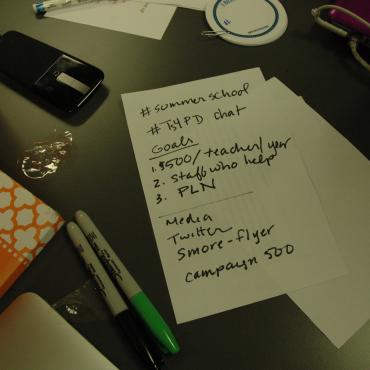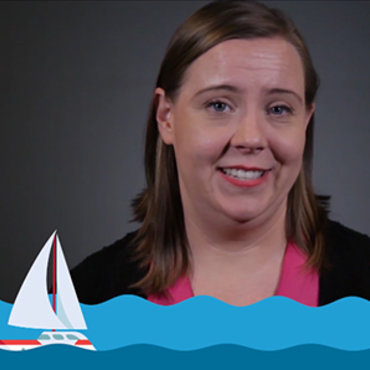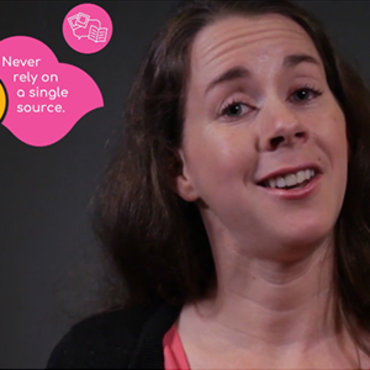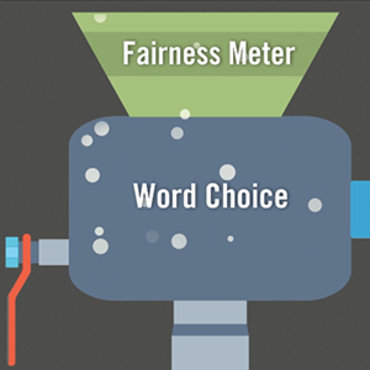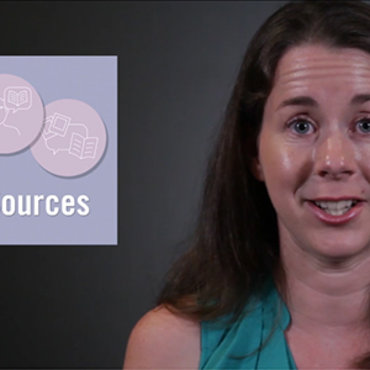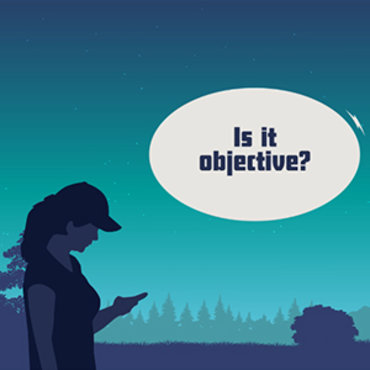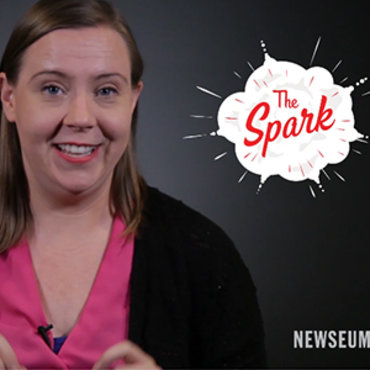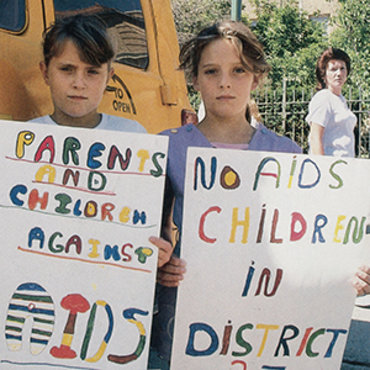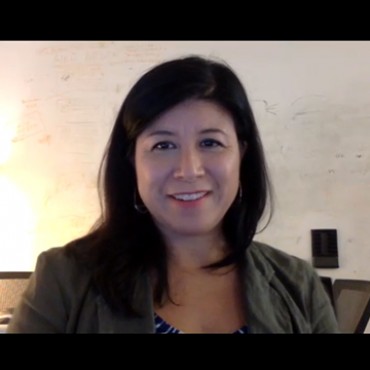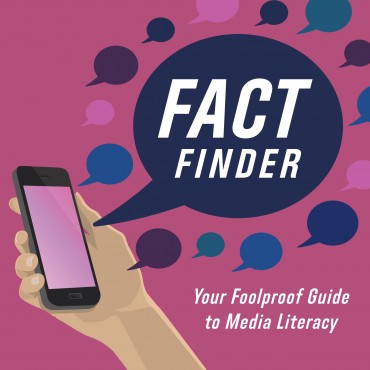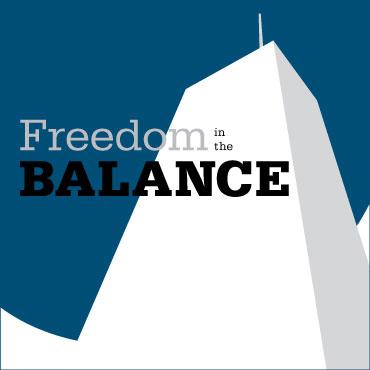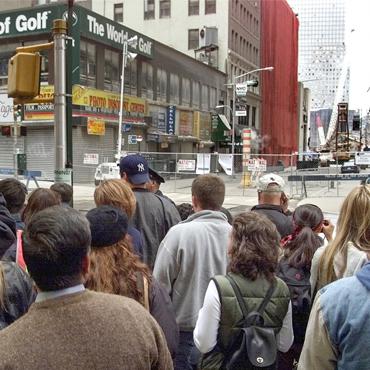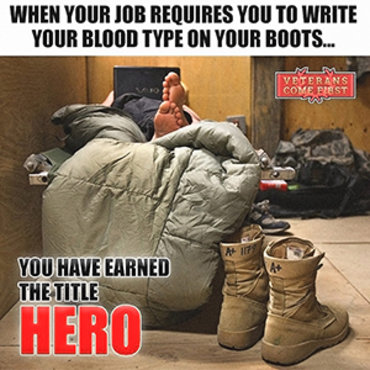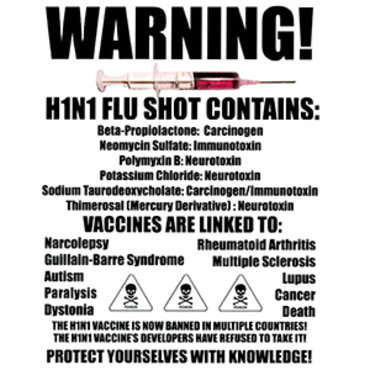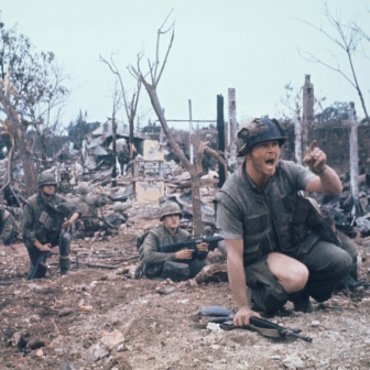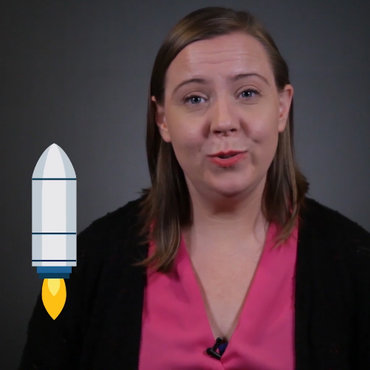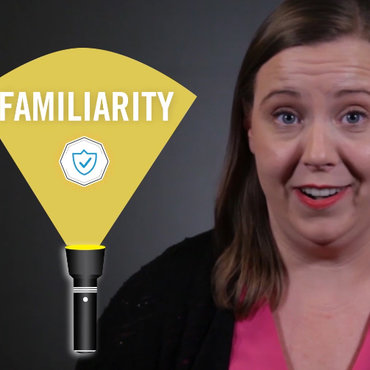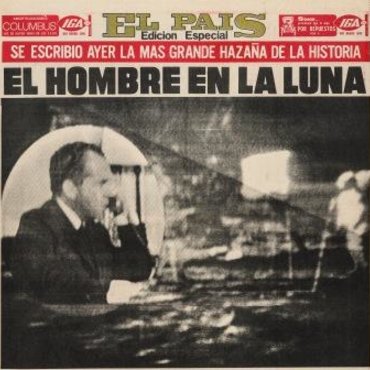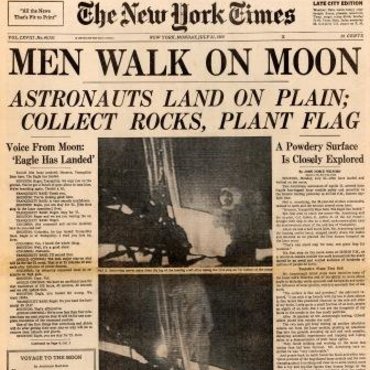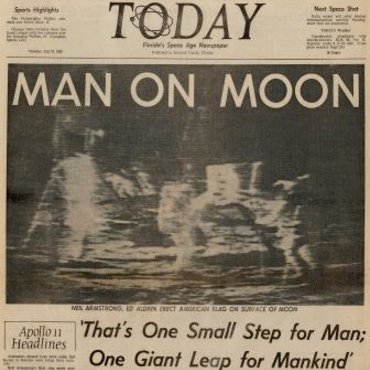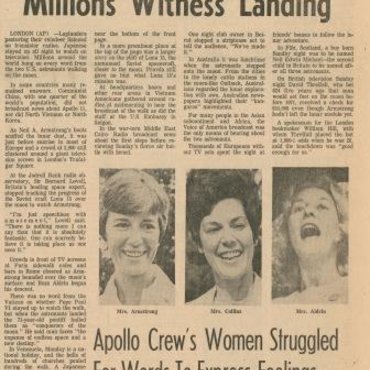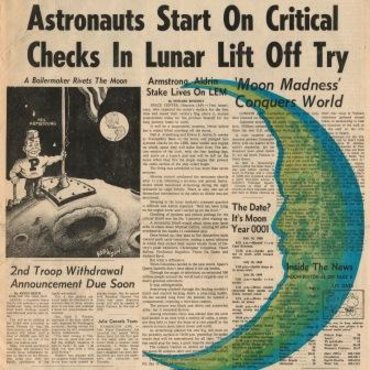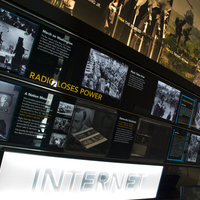
The Speed of News: Where Do We Get the News?
This activity examines where, when and how people get news and share it.
Get even more great free content!
This content contains copyrighted material that requires a free NewseumED account.
Registration is fast, easy, and comes with 100% free access to our vast collection of videos, artifacts, interactive content, and more.
NewseumED is provided as a free educational resource and contains copyrighted material. Registration is required for full access. Signing up is simple and free.
With a free NewseumED account, you can:
- Watch timely and informative videos
- Access expertly crafted lesson plans
- Download an array of classroom resources
- and much more!
- Current Events
- Journalism
- 3-8
- Divide students into pairs.
- Tell them: Over time, advances in technology, such as the printing press, the Internet and social media (such as Facebook, YouTube and Twitter), have changed the way people learn about what’s happening in their community, nation and the world. The students will take on the role of reporters to interview two people – a classmate and an adult – to learn how each gets their news and shares it. Does age make a difference in interests and sources?
- Have half the students interview the classmate they are paired with using the worksheet.
- Then shuffle the pairs in the class so the interviewers are now interviewed.
- When all the students have both interviewed and been interviewed, discuss the results as a class. Compile answers on the board. Did the students notice any trends?
- Instruct students to take a worksheet home to interview an adult. When those interviews are complete, compare adult answers with their class results.
- Where Do We Get the News? worksheet (download), two per student. One will be used to interview their classmates; the other to interview an adult for homework.
- Black board or large paper to compile student answers for all to see
- Did their research reveal different ways people get their news?
- Are there noticeable differences by age? For example, are adults more likely to read a newspaper than children?
- Do generational differences point to ways the news industry is changing?
- Do they imagine they will get news differently in the future? How? Why do they think so?
To continue the conversation, ask students if they share news events with their family and friends.
- How do they decide what to share?
- Are they passing on rumor or facts?
- Do they add their own perspective?
- Does that make them reporters? Why or why not?
-
Common Core State Standards: CCSS.ELA-LITERACY.CCRA.SL.1
Prepare for and participate effectively in a range of conversations and collaborations with diverse partners, building on others' ideas and expressing their own clearly and persuasively.
